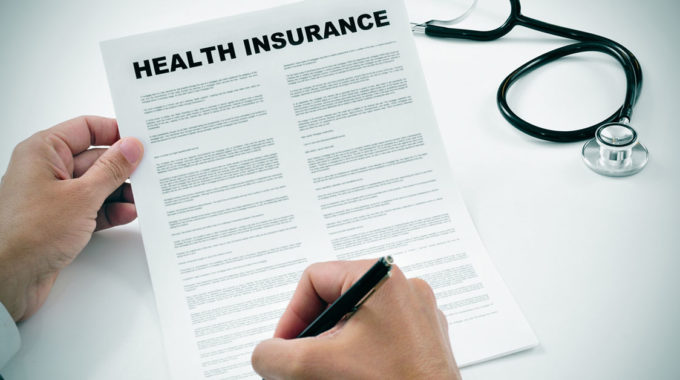
Most Adults Don’t Have the End-of-Life Care Documents They Need
Holly Deni’s 99-year-old aunt was found unconscious in her apartment. EMTs took her to the hospital where she was admitted. That’s where the real trouble began for Deni. Her aunt had a will but no living children and no other legal documents stating who could manage her affairs. Deni could not make decisions for her aunt’s healthcare while the aunt was unable, move her aunt to a long-term care facility as needed, retrieve her personal items from her apartment, or even pay her bills. Deni had to work through the legal system for six months to become her aunt’s legal guardian. The effort cost Deni $15,000.
Many Americans are vulnerable to the same situation. This crisis can be avoided with documents called advanced directives. Advance directives are a category of legal documents that allow people to spell out their wishes about end-of-life care ahead of time. They give people a way to instruct family, friends, and health care professionals and to avoid confusion later on. More than 60% of Americans do not have such documents.
When a person is diagnosed with a terminal disease, this should be a strong motivator to get advanced directives in order. If hospice is elected in a timely fashion, this is one of the many areas where hospice helps. A hospice professional will consult with patients about the various issues that could come up and help them complete advanced directives that will make the process better for everyone. However, sometimes the inability to make one’s own healthcare decisions takes a person by surprise. It may be a better plan to address some of these advanced directives and other important documents before hospice enrollment. Here are some of the most important documents in end-of-life care.
What Is a Living Will?
A living will specifies which treatments a person wants if that person becomes unable to communicate his or her wishes. It commonly includes instructions on
- The use of dialysis and breathing machines
- If the person wants to be resuscitated after breathing or heartbeat stops
- Tube feeding
- Organ or tissue donation
What is a DNR?
DNR stands for “do not resuscitate.” This document is usually for people in the last months of life. It’s more helpful in emergency situations than the living will, because it results in a yellow and red piece of paper with very standard formatting. People who are ready to die a natural death at home can post the DNR on their bedroom doors, over their beds, or some other place where EMTs will easily find it. This tells EMTs a person’s wishes immediately. In emergency situations, EMTs won’t take the time to read a living will.
What is a DNI?
DNI stands for “do not intubate.” Intubation refers to inserting a tube into a patient, usually down the throat. A DNI is a very recognizable, straight-forward document like the DNR. It lets medical personnel providing emergent care know the patient’s wishes at a glance.
What is a Durable Power of Attorney?
A durable power of attorney for health care is a document that specifies who should take charge of healthcare if a person becomes unable to make his or her own decisions. The person taking charge is sometimes referred to as a healthcare proxy. When the durable power of attorney document applies to healthcare specifically, the document itself is sometimes referred to as a health care proxy or healthcare proxy. The durable power of attorney can also apply to finances.
What is a Medical Information Release?
Healthcare providers are legally bound to high levels of privacy. Doctors may not even share medical information with adult children without proper authorization. Having a standard medical information release lets people specify in advance and permanently family and friends who can receive medical information.
What is a Diminishing Capacity Letter?
Sometimes the need for a healthcare proxy is not so obvious as the patient being unconscious. People can become mildly impaired and still be trying to make healthcare decisions. The diminishing capacity letter gives your doctor permission to call your healthcare proxy if the doctor suspects a patient is not making decisions like he or she normally would.
Where to Keep Advance Directives
Finally, people should make the documents accessible. People named in the documents should have copies. Patients can provide copies to their doctors to be placed in their medical records. People can keep their own copies with their health insurance papers or other more accessible and often referred to documents. Storing advanced directives in a safe with the will can make them hard to find and use if the time comes.





